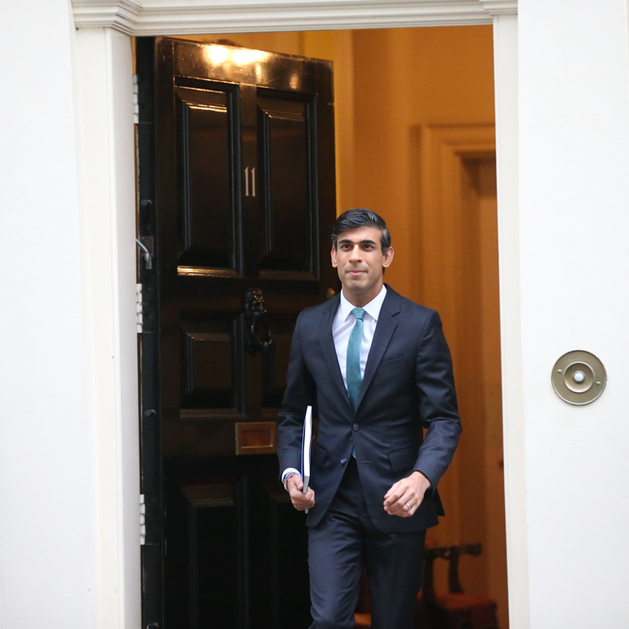It has only been six months since the Chancellor last stepped up to the dispatch box to deliver a Budget. Much has changed in that time. Energy price rises, global supply chain issues, and rising demand, prompted by the easing of coronavirus restrictions have caused inflation to hit levels not seen in a decade. With inflation tends to come interest rate rises, and although the base rate is currently at historic lows of 0.1%, any change could affect consumer confidence.
Against this backdrop, though, the Chancellor presented an upbeat statement. The economy has rebounded, unemployment figures are down, and tax receipts are reportedly ahead of forecast. Rishi Sunak was, therefore, able to avoid having to unveil further tax increases, such as Capital Gains Tax (a perennial target of speculation) or Inheritance Tax. However, to some extent, the bad news had already been dealt with by last month’s announcement of a 1.25% National Insurance/dividend rate increase. Instead of tax rises, the Chancellor used his Budget statement to put forward a programme of spending increases and targeted tax cuts, with beer drinkers and business rates payers amongst the winners.
Here is a breakdown of the most important changes:
Individuals
- The 1.25% Health and Social Care Levy will be introduced from 6 April 2022 via an increase to National Insurance Contributions, before becoming a freestanding levy from 6 April 2023.
- Dividend tax rates will be increased by 1.25%. The basic rate dividend tax will increase to 8.75%, the higher rate dividend tax will increase to 33.75% and the additional rate dividend tax will increase to 39.35%. No increases or changes to the main or savings income tax rates and income tax limits and personal allowance will remain at their current level until April 2026.
- No increases to Capital Gains Tax and Inheritance Tax rates or allowances. No changes to reliefs, including Agricultural Property Relief or Business Property Relief.
- The 30-day time limit for reporting Capital Gains Tax on the sale of residential property and for payment of the tax has been increased to 60 days from Budget Day.
- The taper rate in Universal Credit will reduce from 63p to 55p and Work Allowance will increase to £500.
- National Living Wage will increase to £9.50 an hour from 6 April 2022.
Businesses
- The main rate of Corporation Tax will remain at 19% until April 2023. From this date, the main rate will increase to 25%, with a Small Profits Rate of 19% for profits not exceeding £50,000. There will be marginal relief for profits between £50,000 and £250,000 (these thresholds are proportionately reduced for the number of associated companies and short periods). Close investment holding companies, including most Family Investment Companies, will not qualify for the 19% rate.
- Between 1 April 2021 and 31 March 2023, expenditure on new plant and machinery qualifies for a 130% super-deduction.
- From April 2023, Research & Development (R&D) Tax Relief will be extended to include data and cloud accounting costs.
VAT and indirect taxation
- VAT registration threshold will remain at £85,000 until 31 March 2024.
- The bank surcharge will be cut from 8% to 3% for banks with revenue over £25 million. For challenger banks, this limit is £100 million.
- 50% business rate discount for companies in the retail, hospitality, and leisure sectors, up to a maximum of £110,000.
- Alcohol, fuel, and vehicle excise duty rates have been frozen.
- Air passenger duties will be reduced by 50% for domestic flights from 1 April 2023.
- In wide-ranging changes to the whole regime for duties on alcohol, higher strength alcoholic drinks will attract higher duties and lower strength drinks will attract lower tax rates.
- Draught Relief and Small Brewers’ Relief will be introduced to encourage small-scale brewers and pubs.
Author
-

Foresight Wealth Strategists have been providing extensive financial planning advice to Hale and the surrounding areas for 25 years - info@foresightws.co.uk
View all posts

















































